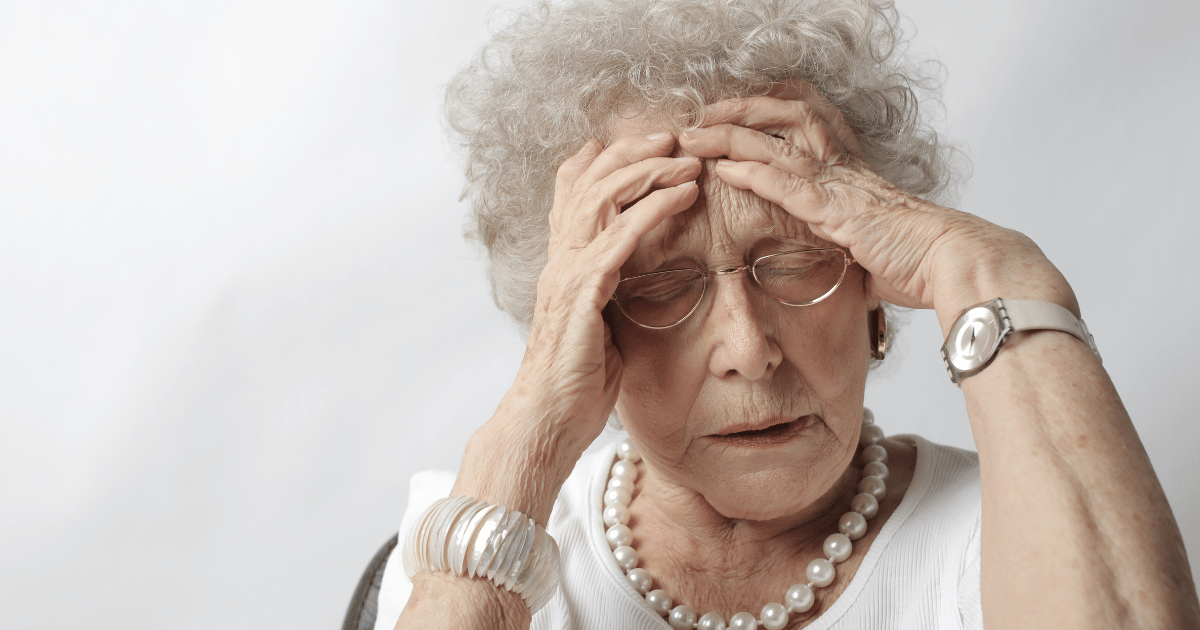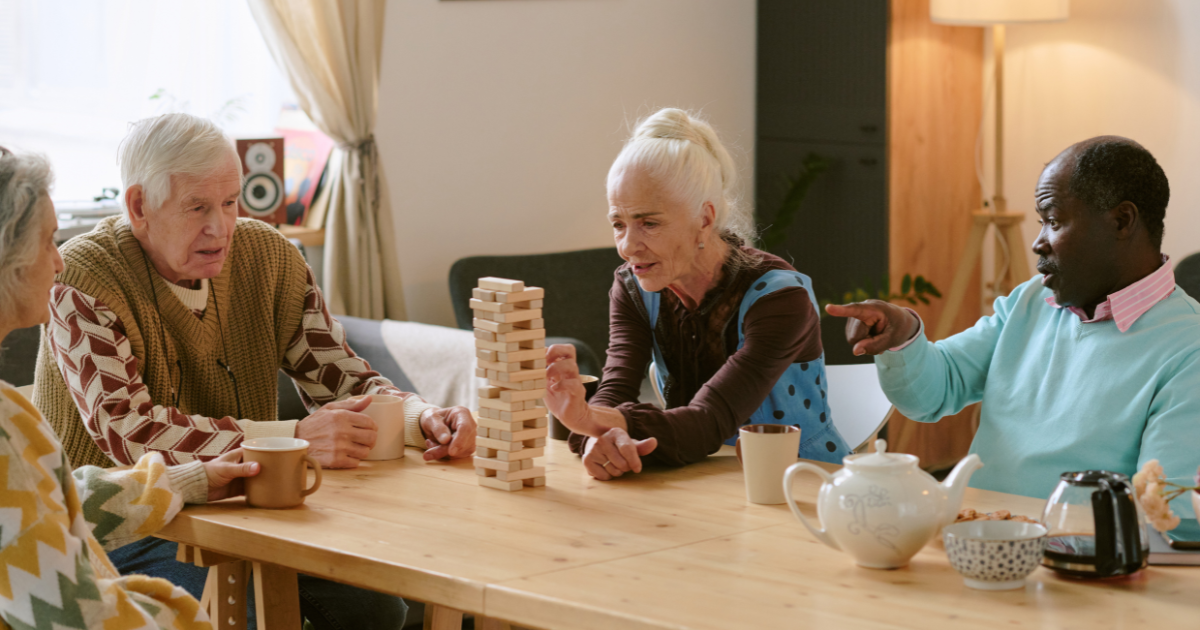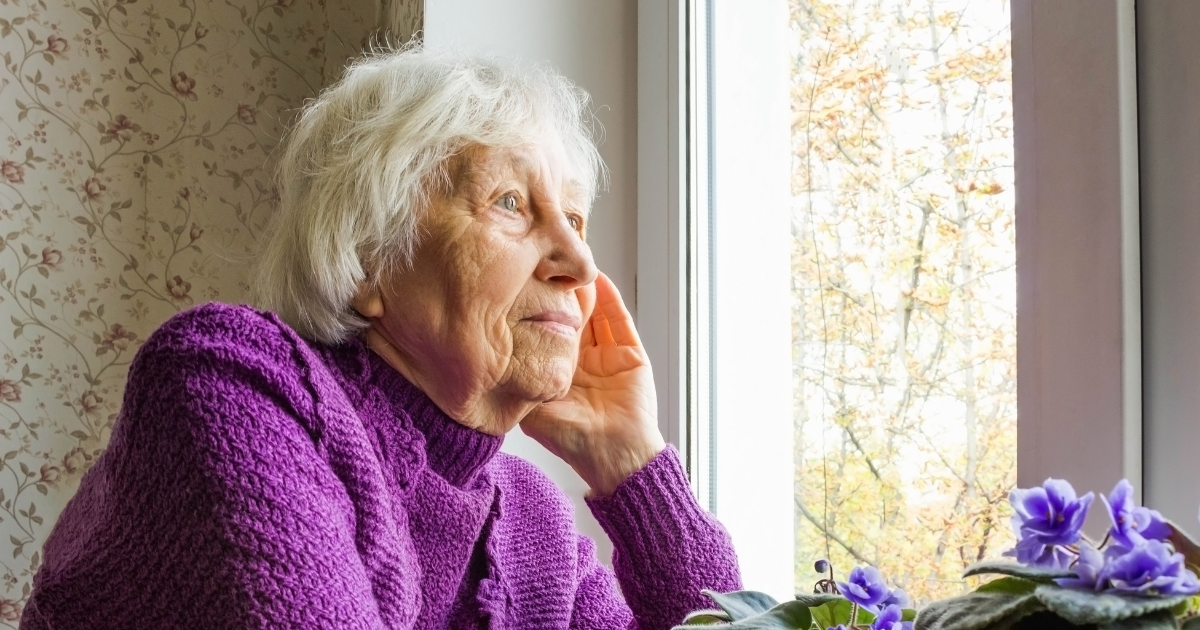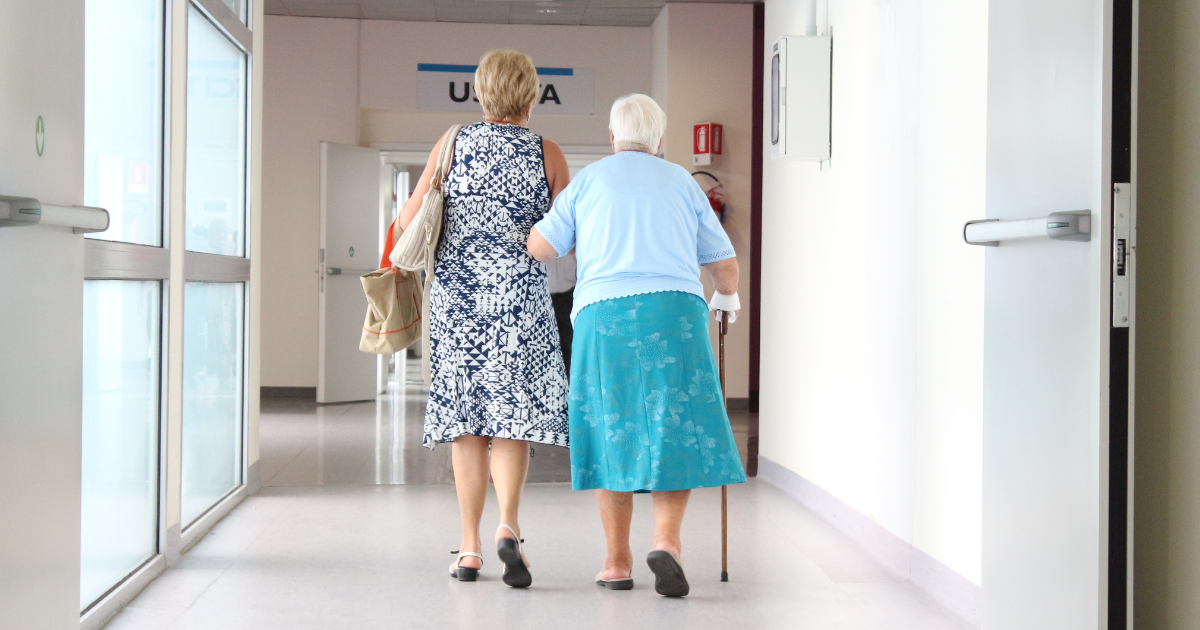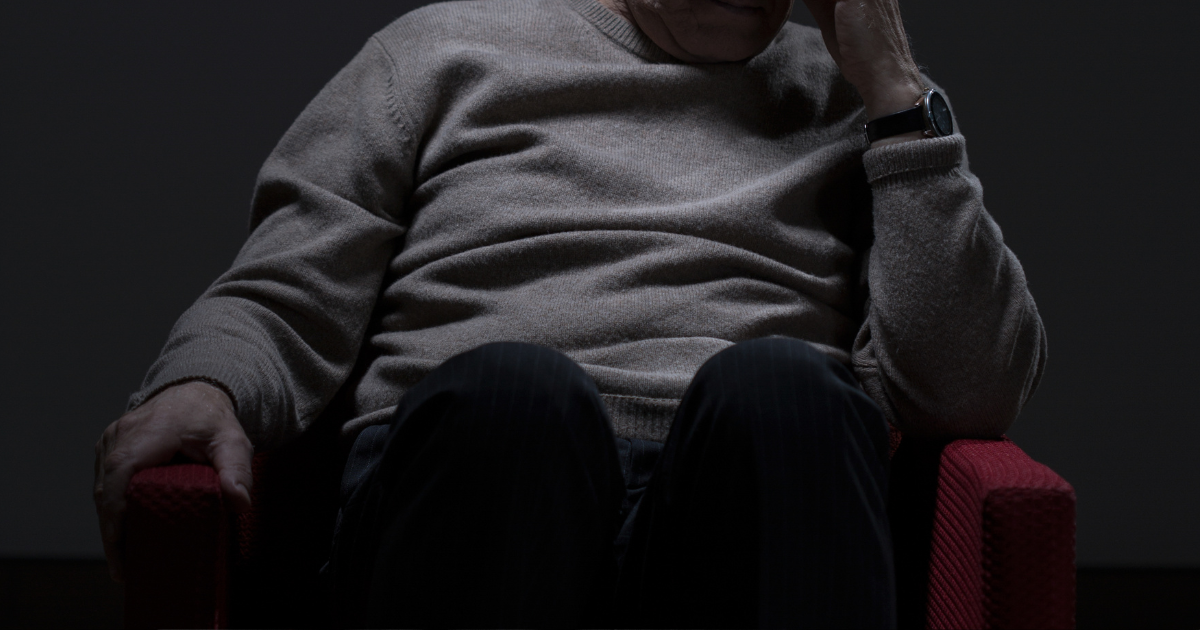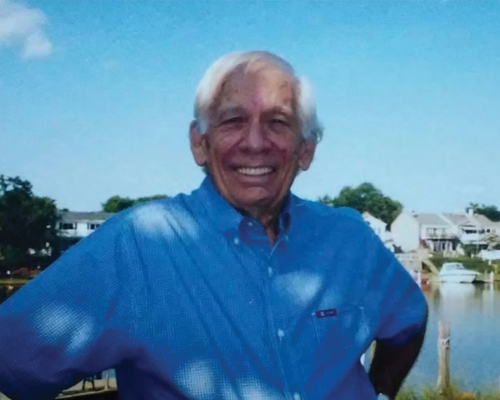CHAPTER 4 - Had I only Known
When we met, Rob had his life in very good order. He had some common old-age problems - arthritis and some hearing loss - but none of it slowed him down much; he had a strong constitution. He watched his diet, walked at least a mile every day, and was seldom sick with even a cold. He mentioned that he had several major surgeries in past years and that Dotty, his daughter, had helped him after his wife died. He took one prescription medicine -for high cholesterol.
I was his friend and close companion for five years and saw him every day. He disliked and distrusted doctors. I did not know why, but he did mention a past colon surgery that was badly botched. I went with him to all his appointments and knew his results and prognosis. Since he didn't like to see doctors, he did not go regularly.
WARNING SIGNS
When some serious problems came up, he went to a urologist, who proved to be totally ineffective and always hard to reach. He sent Rob to a well-known lab for tests, where he spent three excruciating hours as they tried to insert a catheter. When he went to a new urologist, we found that his problems arose from scar tissue from long-ago radiation treatment for prostate cancer. (This explained the difficulty - but not the astonishing brutality - of the torture he underwent at the testing facility).
I helped him find a new family doctor and he had a complete physical, including a check-up by a cardiologist where he passed a stress test and a cardiac catheterization. He underwent more tests and two minor surgeries. His treatments were not successful. He then faced a major health decision. Rob had not wanted to tell his daughter, Dotty, about his his health issues because, he said, he did not want to bother her.
MY FIRST MISTAKE
- First, know the basic risk factors of abuse and neglect — for elders or anyone who is vulnerable:
- Having poor physical or mental health
- Family disharmony
- Being isolated physically, socially or culturally
- Being unaware of potential harm from people you trust. They may have a changed lifestyle, have developed mental disorders, alcohol or drug abuse, or financial needs (or overwhelming greed).
- Having inadequate legal and financial protection
- An important factor which is not often mentioned, is failing to regularly monitor your health, and therefore miss early signs and symptoms of conditions which
could cause disability and might be prevented. Many unexpected and unavoidable situations can of course arise, but having regular check-ups is important in many ways.
- There may be no apparent risk factors.
- Second, know that older adults are often abused - in many ways - and it is usually by someone they know and often someone they care about. Abuse by family is occurring in epidemic proportions, often not recognized or reported, and still not well studied or understood.
ROB'S SITUATION, to some degree, was influenced by all of these risk factors. Being at risk for abuse does not mean it is your fault. But you must know about it - the risks, signs and causes -and you must have a plan to prevent it, starting now. You also must inform and protect your loved ones, to help them when they may need it. Since I did not know about elder abuse by family, I did not recognize any risk factors for Rob. By the time I realized the harm that was being done to him, it was too late to save him.
THE HARD PART
It is hard enough to convince people to just think about their possible disability and vulnerability. You need to make some decisions about what kind of help you would want - and could afford - if you do become incapacitated. This can take some time, but if no one else knows what is important to you, your life decisions will be made by someone else, with their ideas of what is important.
It may be difficult to talk to your family and loved ones, and they may not always agree with your wishes, but having these conversations in advance can help others know what is important to you. Write down your wishes; put a copy on your refrigerator; give copies to your family, your health care providers and anyone else who you think might need one
Helping people share their wishes for care through the end of life:
✔theconversationproject.org








